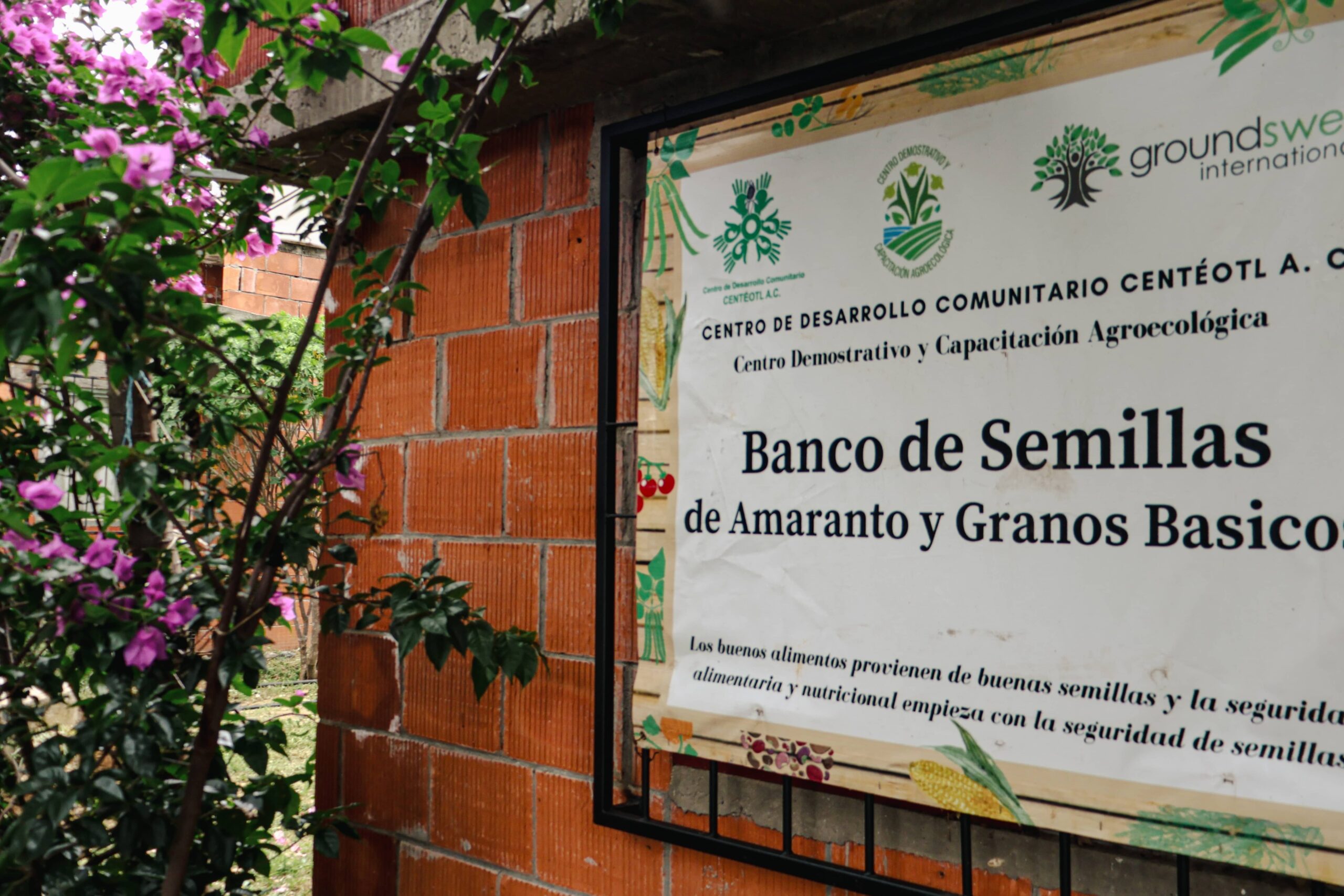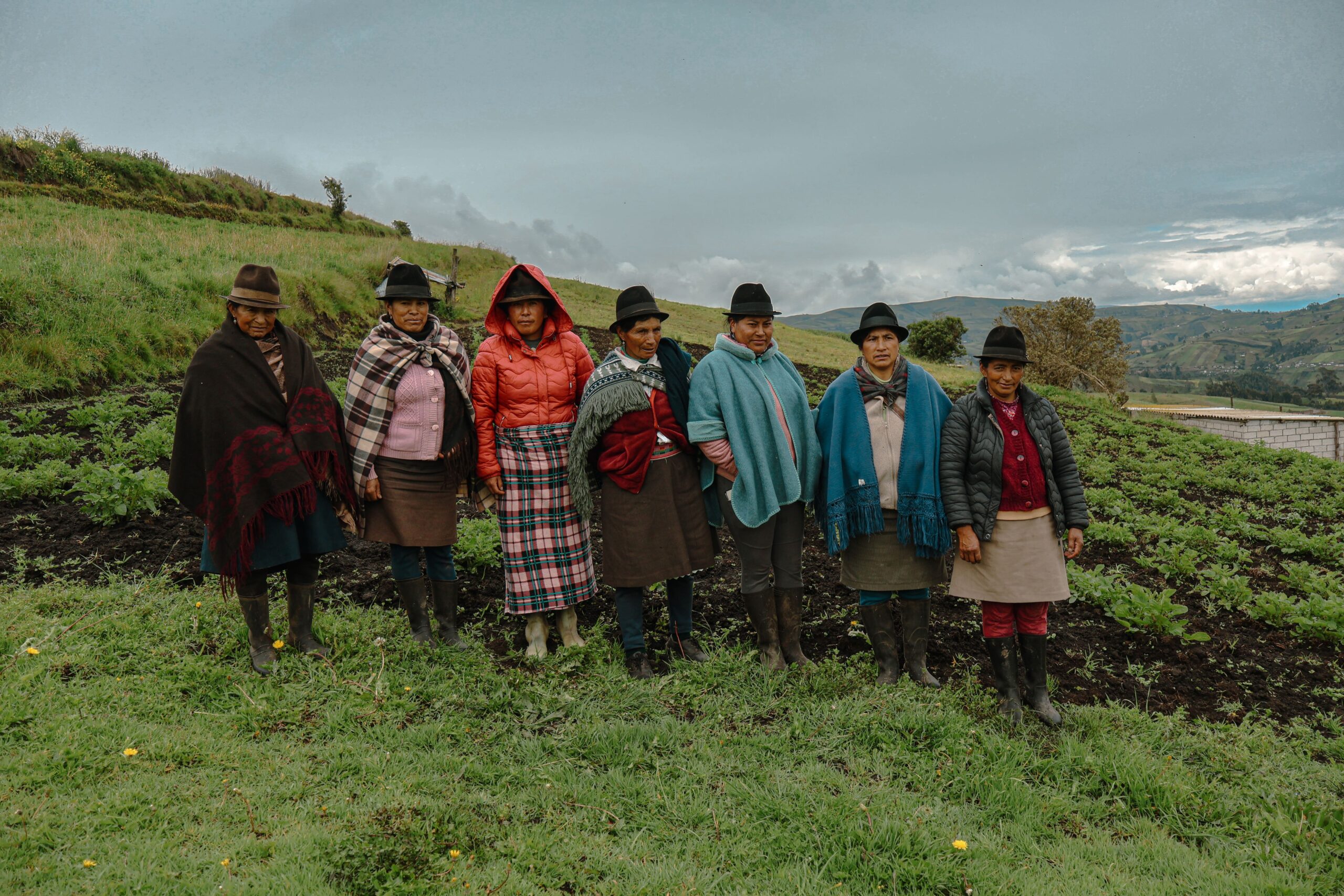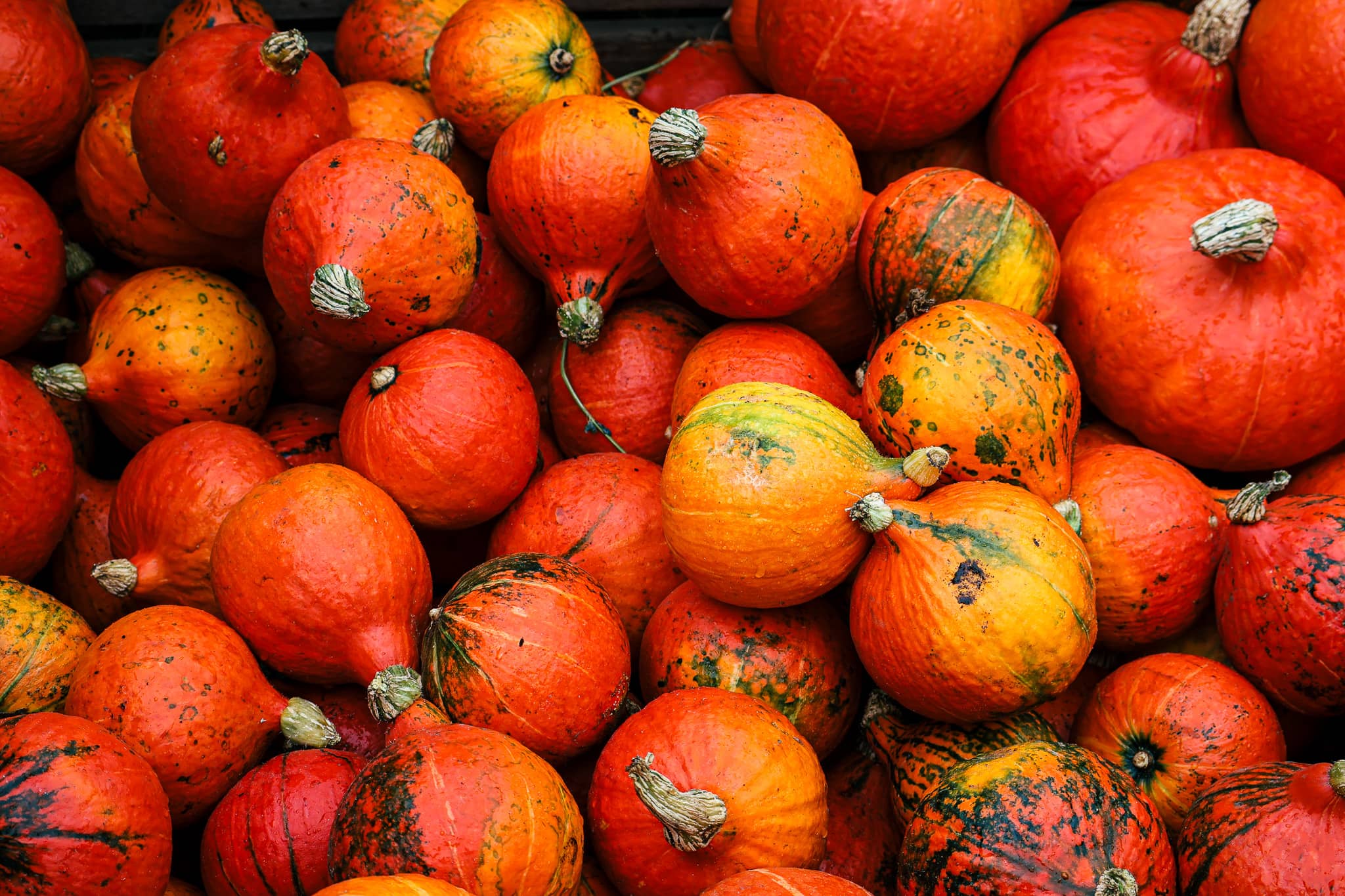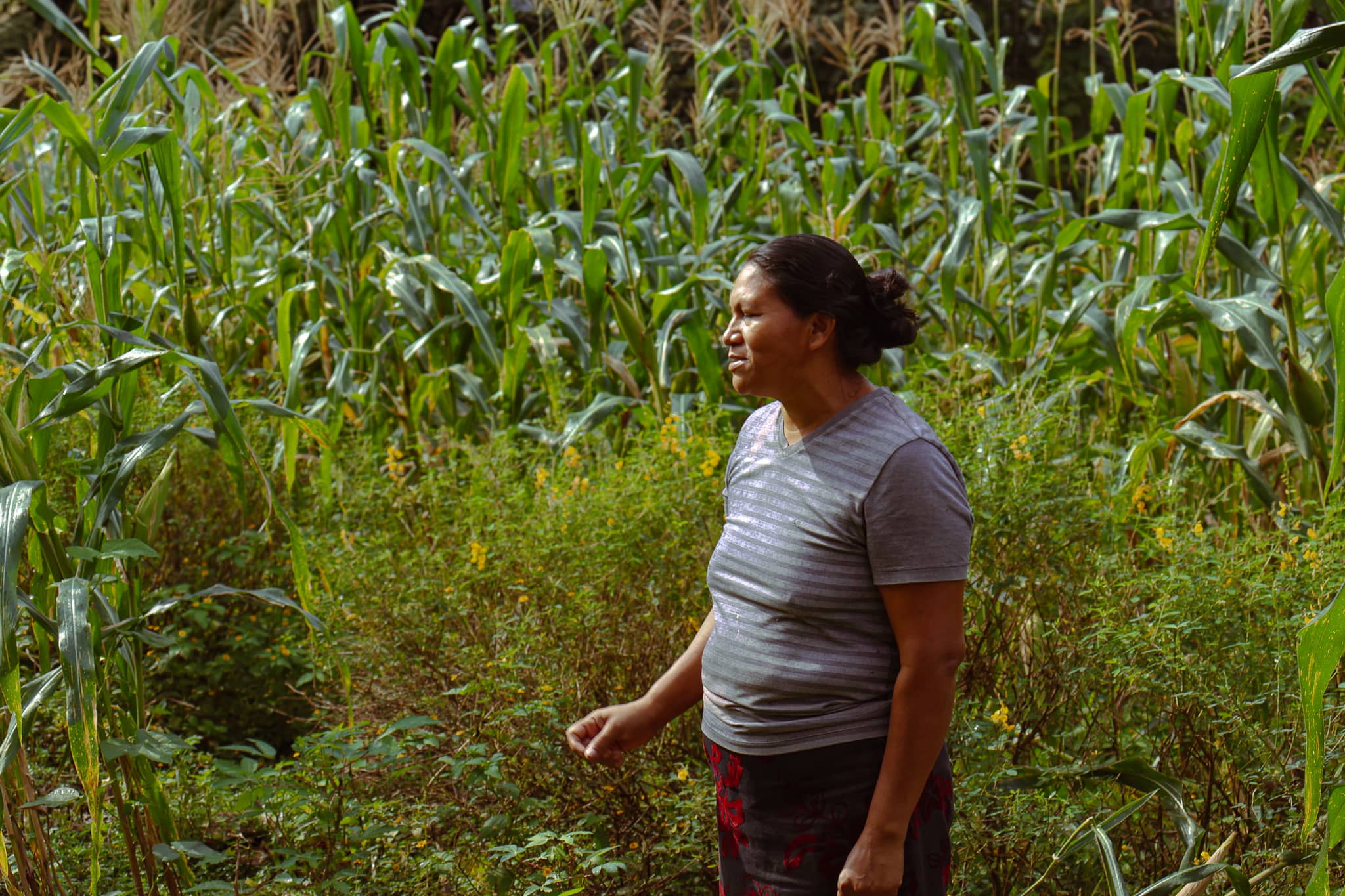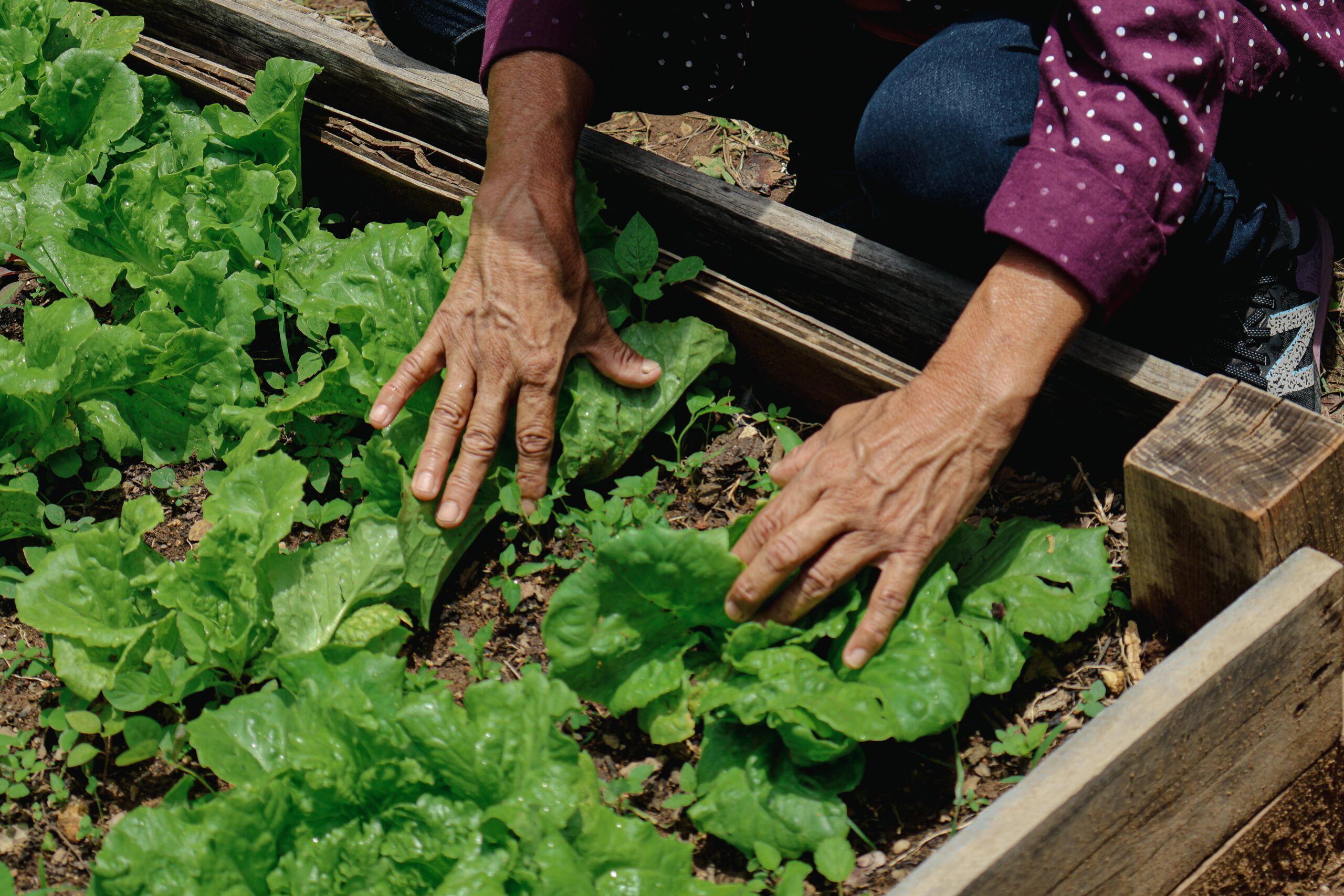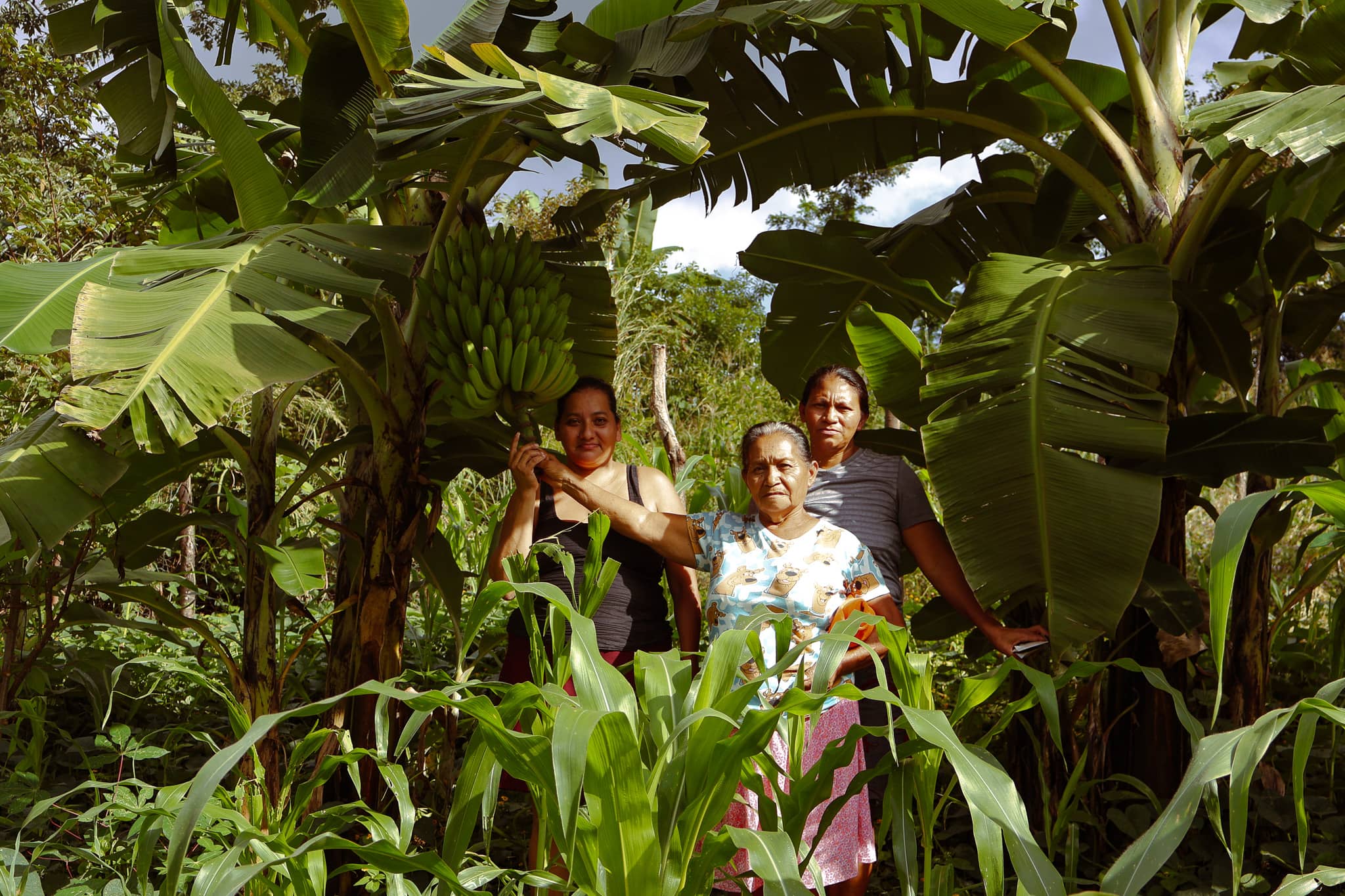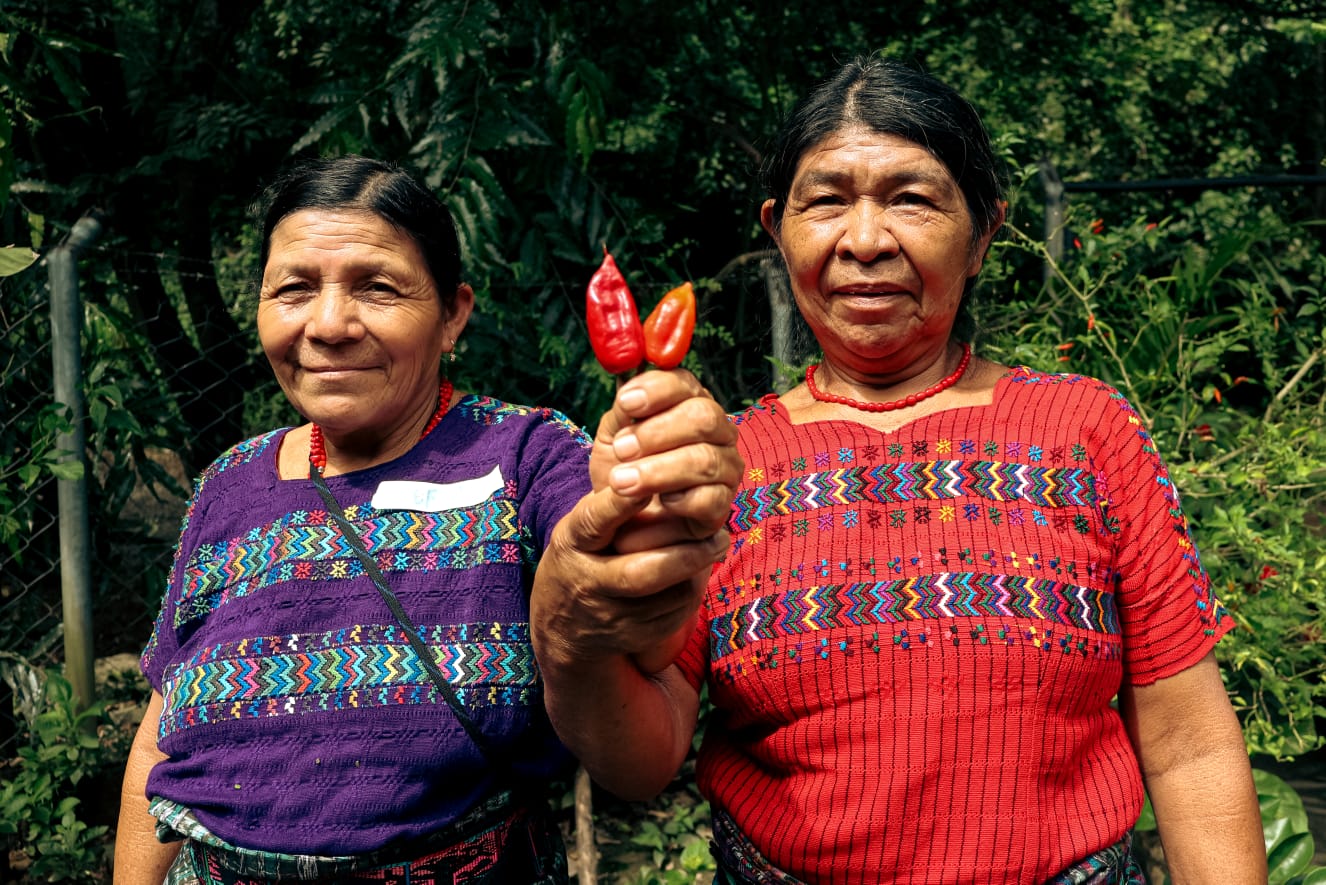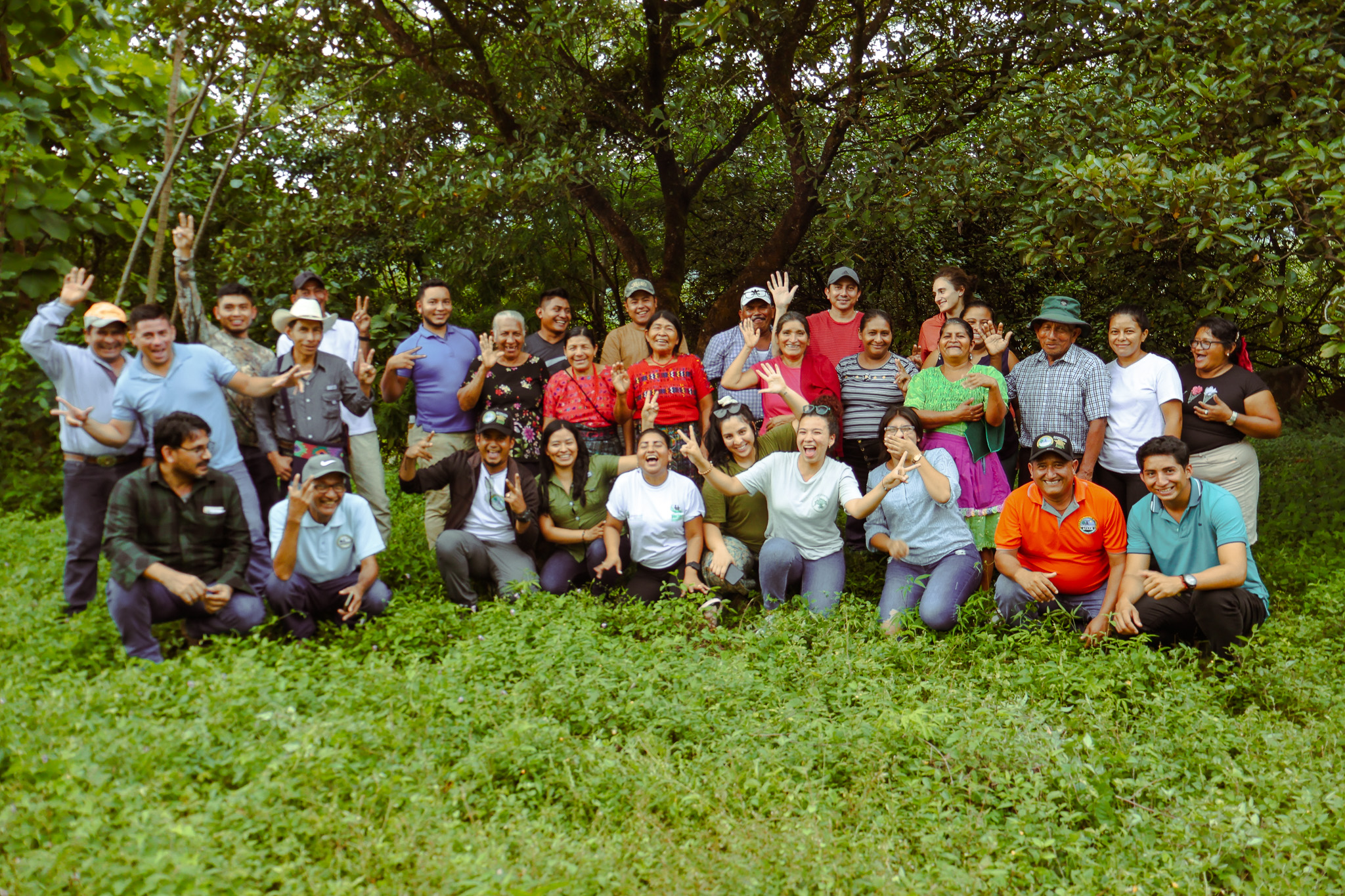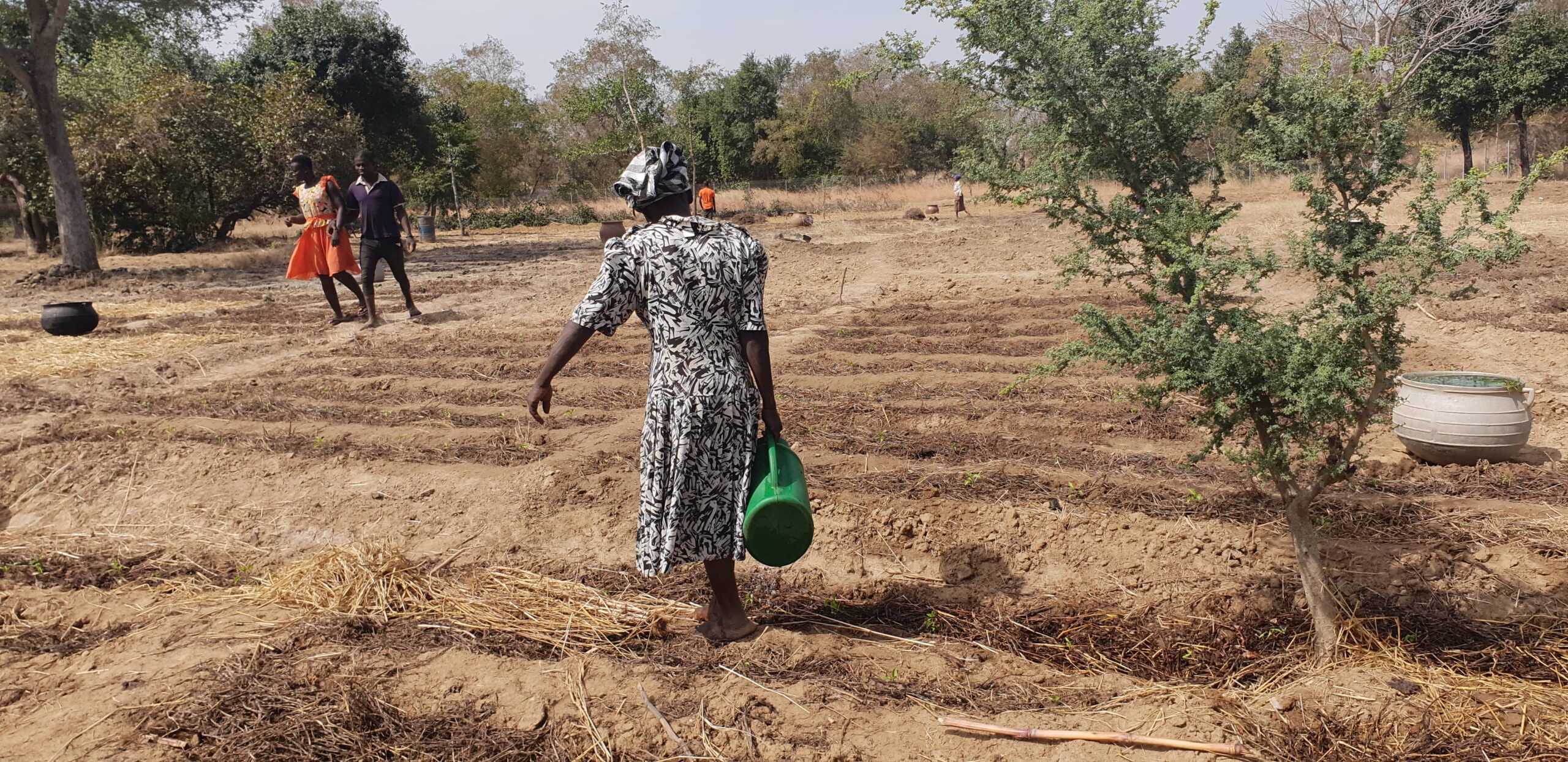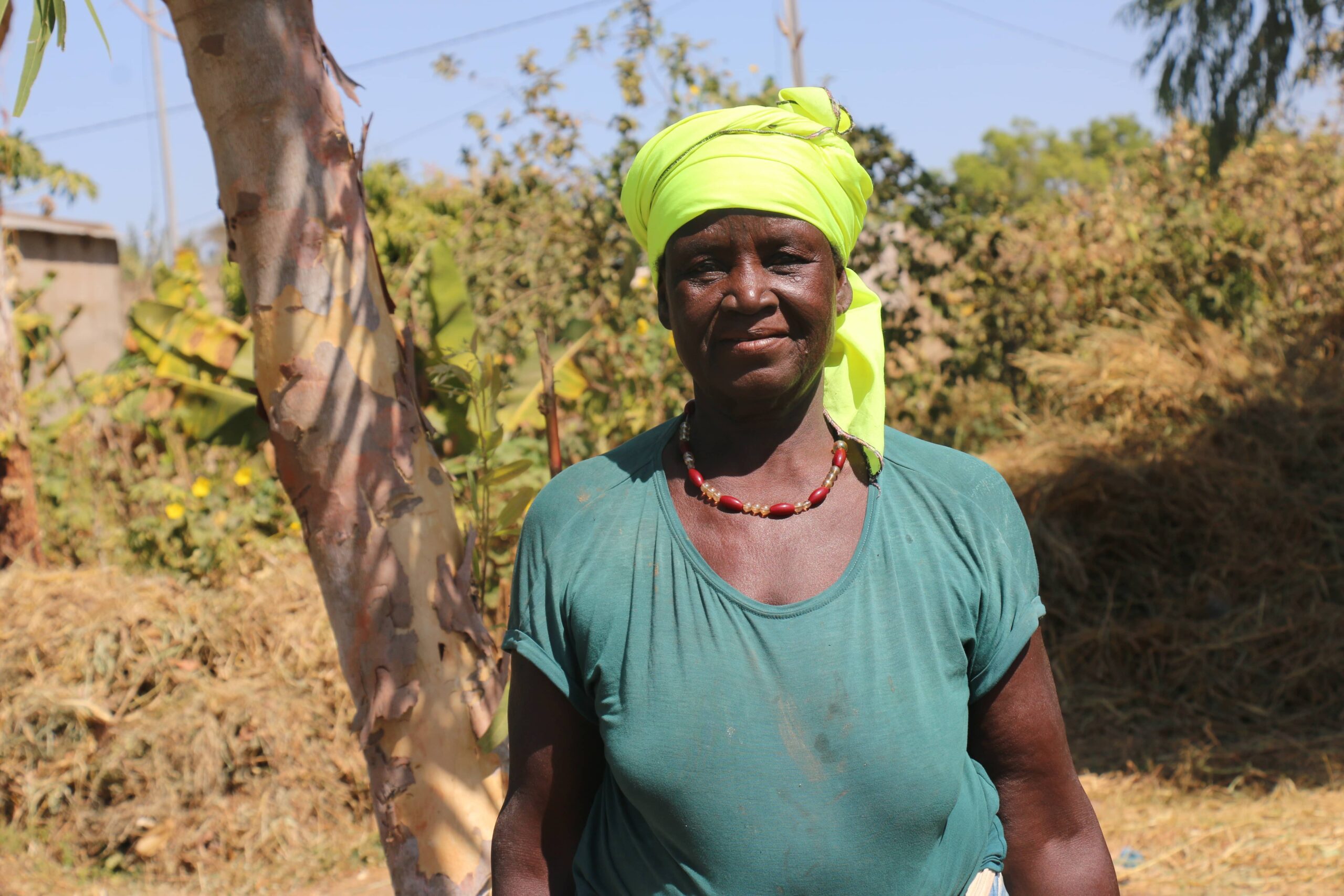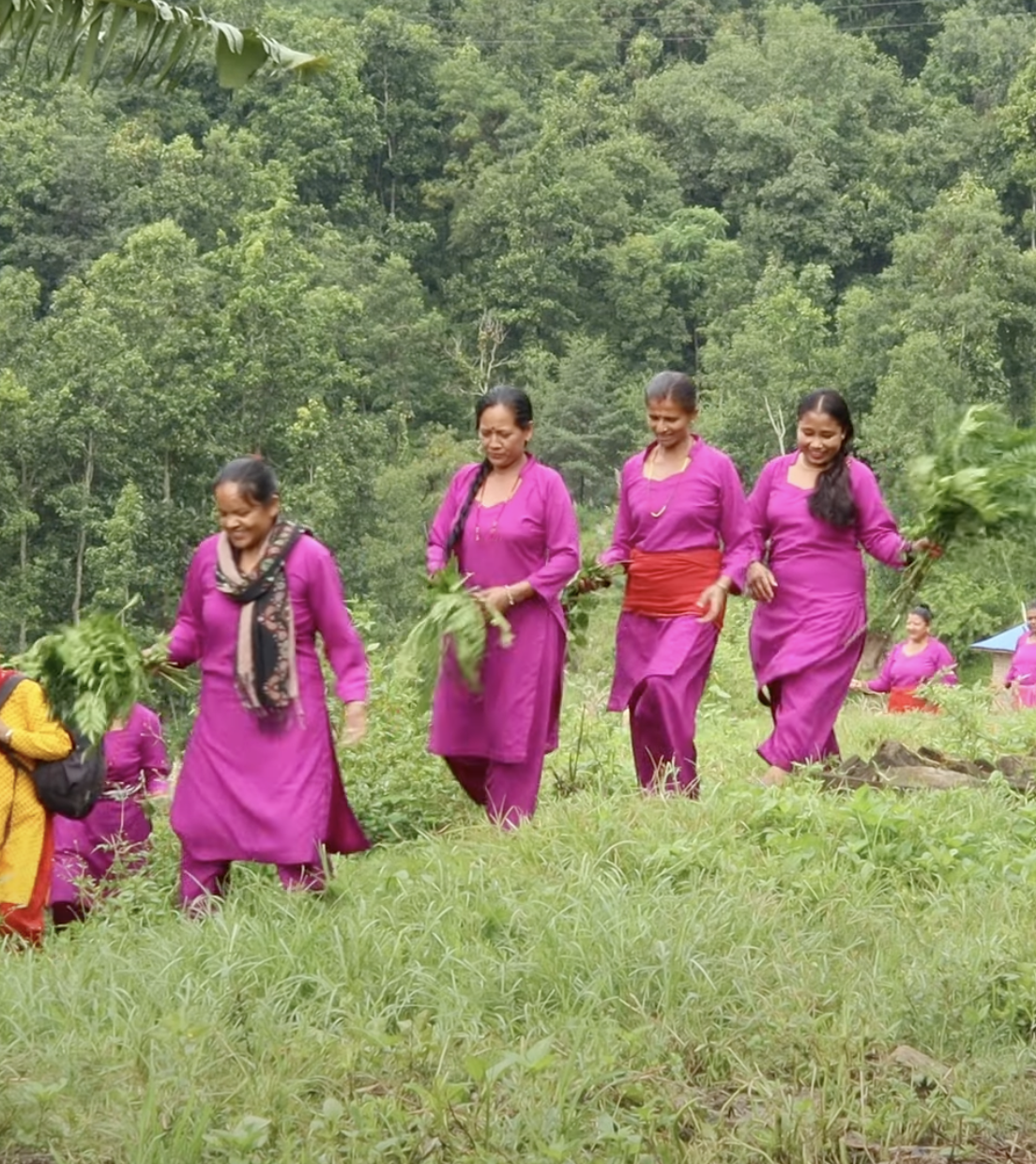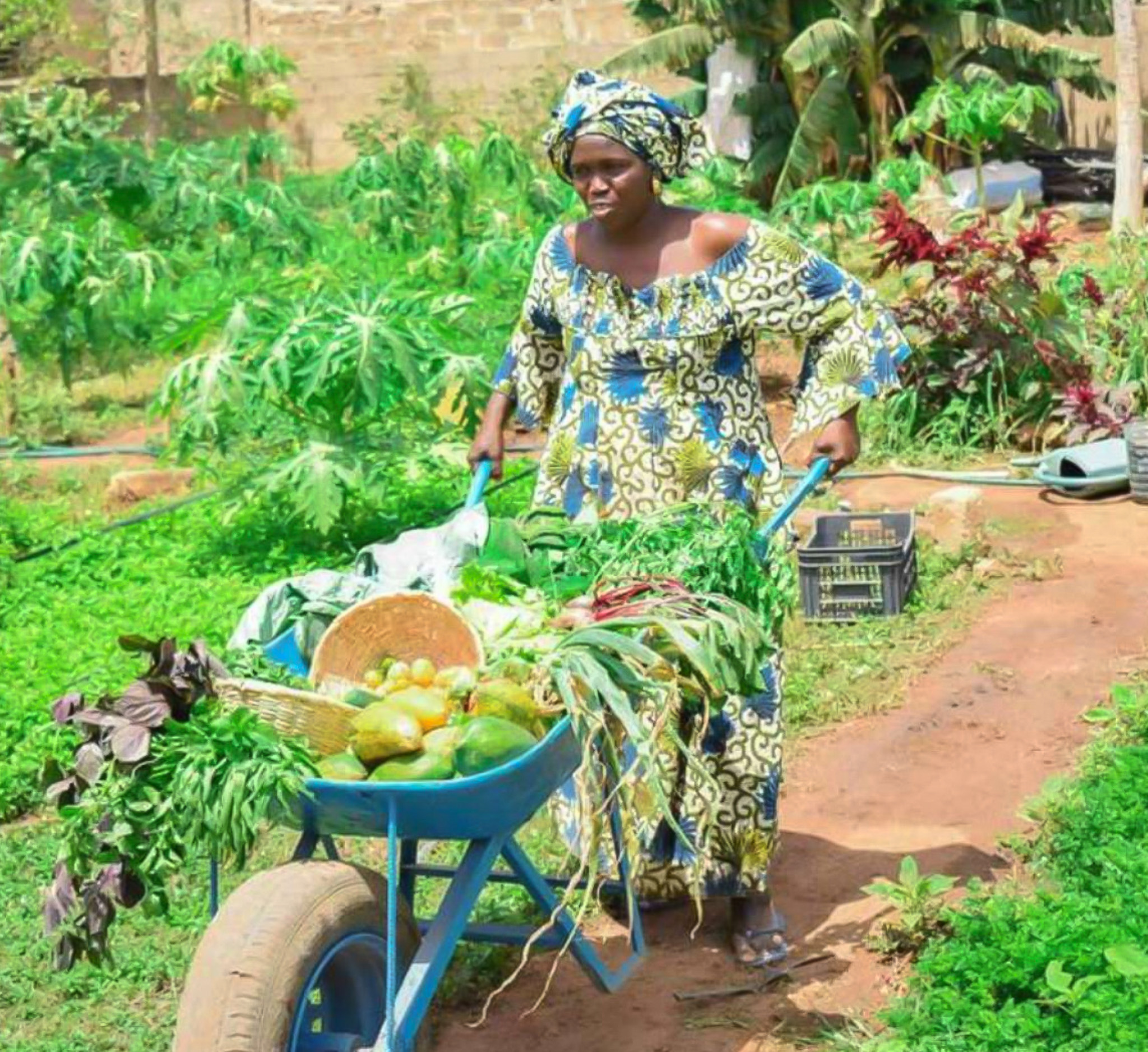BLOG
Voices from the field
Filter articles by region, topic or language:
Agroecology Americas Español Farmer Stories Groundswell News South Asia Systemic Change Traditional Farming Practices West Africa Women in Agriculture Youth in Agriculture
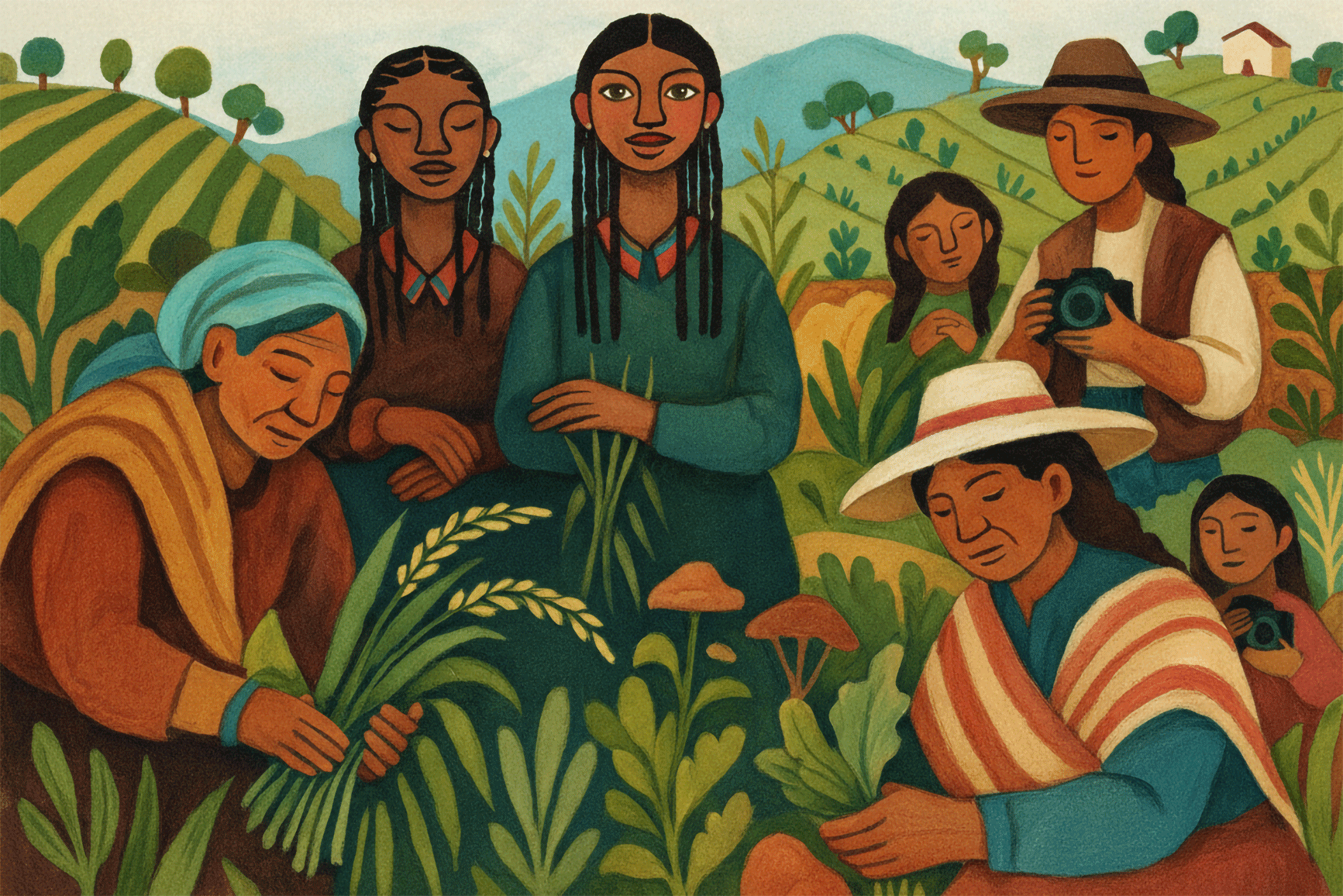
FEATURED STORY
Young leaders shaping the future of food systems through film: Join us at the next Field to Film Festival
Come witness the talent, creativity, and passion of young people from different corners of the world, who invite us into realities that deserve to be seen, understood, and celebrated.
Agroecology Building Community Resilience Amid Climate Crisis in Latin America & the Caribbean
In 2024, communities across Haiti, Honduras, Guatemala, Ecuador, and Mexico endured a convergence of…
Saving Andean Potatoes: How Farmers Are Fighting Crop Disease like Punta Morada with Agroecology
By Rebecca Wolff On our recent field visit to the provinces of Cotopaxi and Chimborazo, with our par…
Returning to our Grandmothers’ Kitchens: Eating with an Agroecological Mindset
The smell always got there first. Upstairs, while I played with my cousins, the scent of my French g…
De parcelas olvidadas a economía colectiva, el modelo de una comunidad de mujeres rurales en Honduras
En la comunidad de Isletas, Concepción de María, Langue, Honduras, Rafaela Godines identificó la nec…
Imagining an Agroecological Future: Pathways & Blockers
Vast fields of uniform crops have long defined our agricultural landscapes—a familiar promise of end…
From Forgotten Plots to Collective Economy: A Rural Women’s Community Model in Honduras
This article was originally published in Spanish. Read it here. In Isletas, Concepción de María, Hon…
Comunidades de Guatemala y Honduras fortalecen la soberanía alimentaria con reservas estratégicas de granos y bancos de semillas
Durante una semana, representantes de comunidades de Guatemala y Honduras se congregaron en las ofic…
Communities Strengthening Food Sovereignty in Central America with Seed Banks and Strategic Grain Reserves
This article was originally published in Spanish. Read it here. For a week, representatives from com…
Expanding Agroecology in West Africa: Welcoming CEAL and Urbanet as New Partners in Ghana
We are thrilled to announce two new partnerships in Ghana that will strengthen our collective networ…
Displaced Women Farmers in Burkina Faso: Symbols of Courage Amid Rising Violence
Sixty-four-year-old Tindano Pobarou, a mother of nine (five daughters and four sons), lived a peacef…
This Women’s Group in Nepal is Restoring Soil Health with Biofertilizers
In a small farming village tucked in Nepal’s hilly countryside, women in pink and red saris crouch i…
How Penda Turned a Dumping Ground into an Agroecological Urban Farm in Senegal
Penda's agroecological urban farm thrives amid the concrete sprawl of Thiès. Here, she cultivates fr…

